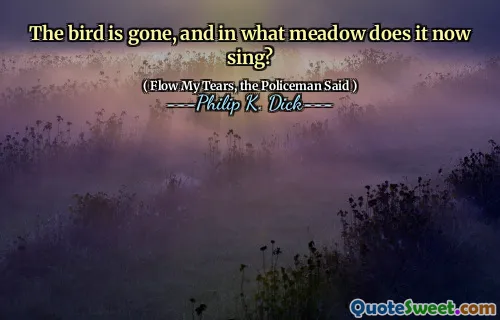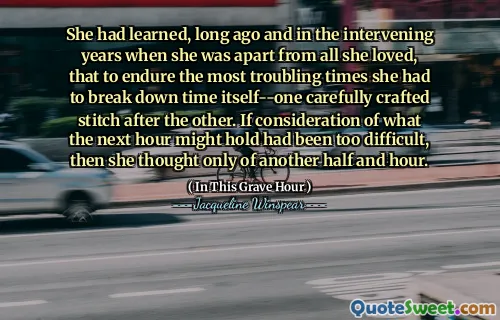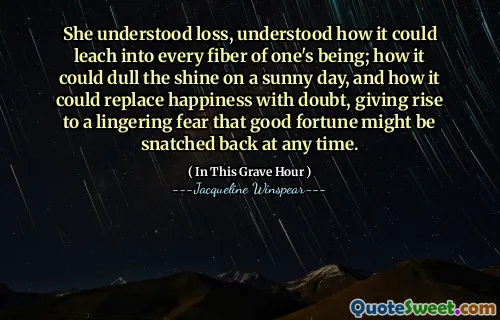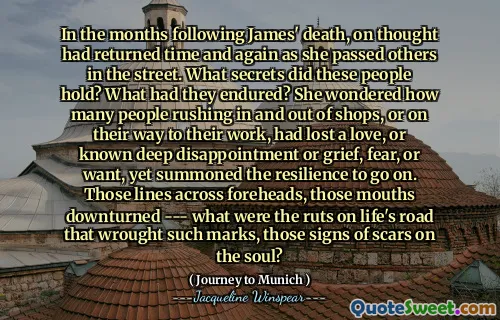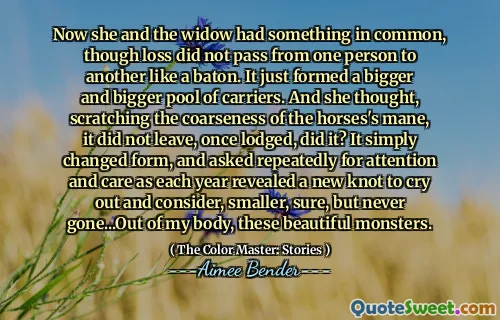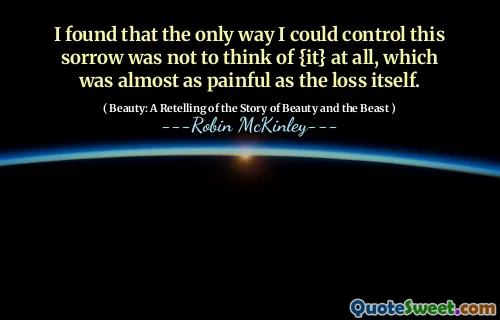There is an hour, a minute - you will remember it forever - when you know instinctively on the basis of the most inconsequential evidence, that something is wrong. You don't know - can't know - that it is the first of a series of "wrongful" events that will culminate in the utter devastation of your life as you have known it.
In "A Widow's Story," Joyce Carol Oates explores the profound, unsettling moment when a person senses that something is amiss in their life. This realization often arises from seemingly trivial signs, yet it hints at the looming chaos that will unfold. The author captures the instinctive awareness that can lead to significant emotional upheaval, reflecting on the fragile nature of security in our lives.
Oates delves into the unraveling of one's existence following such insights, portraying how these foreboding feelings can signal the onset of a series of tragic events. She articulates the devastating impact that an unexpected shift can have, highlighting the vulnerability and uncertainty faced during challenging times, ultimately altering one's life forever.
